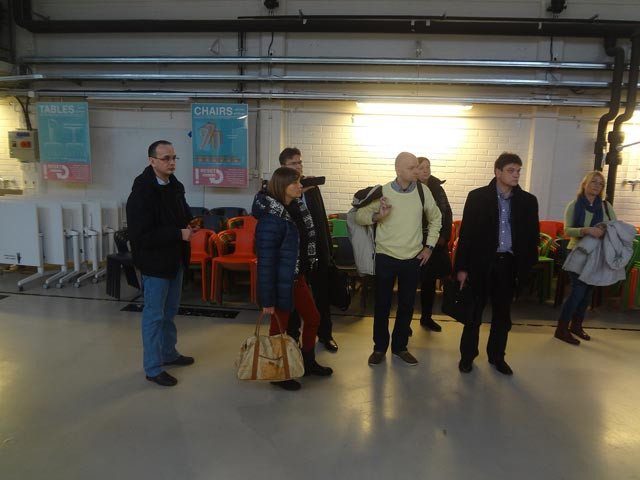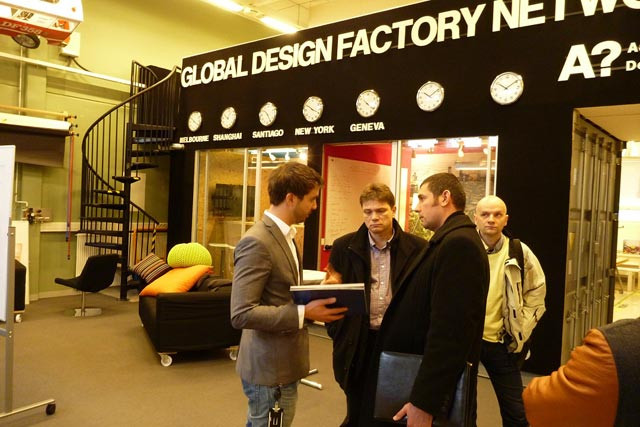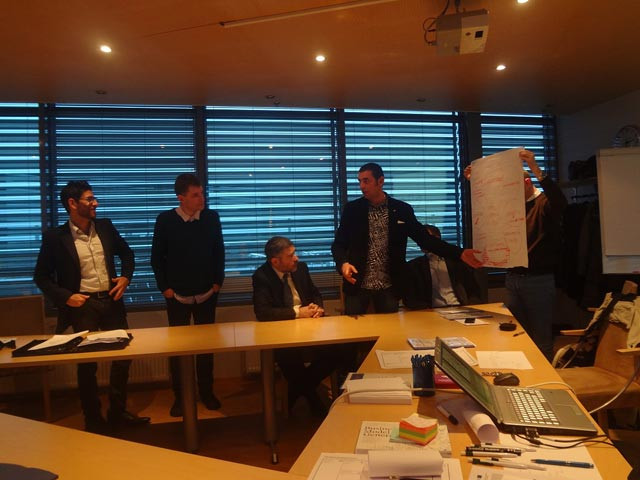25-29 November, two employees of the Maritime University of Szczecin: Leszek Chybowski, the Faculty of Marine Engineering and Bogusz Wiśnicki, the Faculty of Economics and Transport Engineering, went on a study visit to Finland within the framework of the implemented by the University of Silesia in Katowice, project ‘Science for the Economy - the effective management of research and commercialization of research results’

A prerequisite to qualify for the trip was the completion of two three-day trainings in Ustron, which our employees had taken in September and October. The topics of the trainings were: ‘Practical aspects of commercialization and operation of the spin-off’ and ‘Management of large research projects and their financing’.
During the study visit the MUS employees participated in workshops, lectures and visits to Finnish universities such as: Laurea University of Applied Sciences in Espoo, Aalto University in Espoo and Haaga-Helia University of Applied Sciences in Helsinki. Apart from that they became familiar with the workings of the technology park, Technopolis, and its branch in Helsinki. The company also has its representatives, among others, in Lithuania, Estonia and Russia.
The participants had the opportunity to expand their knowledge in the field of the Finnish model of cooperation between universities and businesses, commercialization of research results and the principles of research funding in Finland. The activities of local universities are highly targeted to achieve practical results of research and to work closely with the economy.
Our research workers also got acquainted with the Finnish model of teaching, which according to OECD, in 2009, made Finland the second best country in the world in terms of the educational system (source: PISA tests results of 2009, the International Student Assessment, OECD Factbook 2011-2012: Economic, Environmental and Social Statistics). Finland, like other Scandinavian countries, in the teaching process puts a strong emphasis on practical aspects, including a large number of projects realized by students in the classes conducted in the learning system through the development of practical skills LBD (Learning by Developing) and problem based learning (PBL). These models operate at all universities visited by our staff members.
Another valuable experience for our research workers was to get familiarized with the functioning of educational platforms implementing multi-and interdisciplinary student projects in the system of student - university - industry, as exemplified by the interdisciplinary-unit, Design Factory, at Aalto University, as well as, operating and supporting student entrepreneurship StartUp School at the Haaga-Helia University of Applied Sciences.
Photograph. Private Archive.




